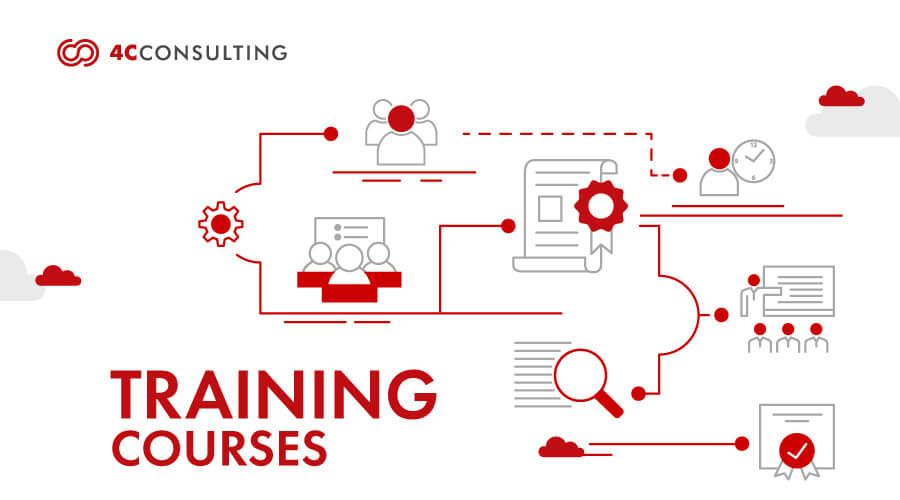
Top Financial Planning Tips for Small Business Owners
- 0
Running a small business can be challenging, especially when it comes to managing finances. In order to ensure the long-term success of your business, it is important to have a solid financial plan in place. Here are some top financial planning tips for small business owners that can help you navigate the financial landscape and set your business up for success.
1. Separate Personal and Business Finances
One of the most important financial planning tips for small business owners is to separate your personal and business finances. Mixing the two can lead to confusion, inefficiencies, and potential legal issues. Set up a separate business bank account and credit card to keep your personal and business finances separate.
2. Create a Budget
Creating a budget is essential for successful financial planning. Take the time to analyze your expenses and revenue streams to create a realistic budget that accounts for all of your business’s financial needs. Keep track of your expenses and adjust your budget as needed to stay on track.
3. Build an Emergency Fund
Unexpected expenses can arise at any time, so it is important to build an emergency fund to cover such costs. Aim to set aside at least three to six months’ worth of business expenses in an emergency fund to provide a financial cushion in case of emergencies.
4. Monitor Cash Flow
Cash flow is the lifeblood of any small business, so it is crucial to monitor your cash flow regularly. Keep track of your incoming and outgoing cash flow to ensure that you have enough money to cover your expenses and invest in growth opportunities.
5. Invest in Technology
Investing in technology can help streamline your business operations and improve efficiency. From accounting software to online payment systems, there are a variety of tech tools available that can help you manage your finances more effectively.
6. Plan for Taxes
Taxes can be a major expense for small business owners, so it is important to plan ahead and set aside money for tax payments. Work with a tax professional to ensure that you are taking advantage of all available tax deductions and credits to minimize your tax liability.
7. Seek Professional Help
Managing finances can be complex, especially for small business owners who may not have a background in finance. Consider hiring a financial advisor or accountant to help you with financial planning, tax preparation, and other financial tasks to ensure that your business’s finances are in order.
Conclusion
Financial planning is essential for the long-term success of any small business. By following these top financial planning tips for small business owners, you can set your business up for success and ensure that your finances are in order. Remember to continually review and update your financial plan to adapt to changing circumstances and keep your business on the path to success.

